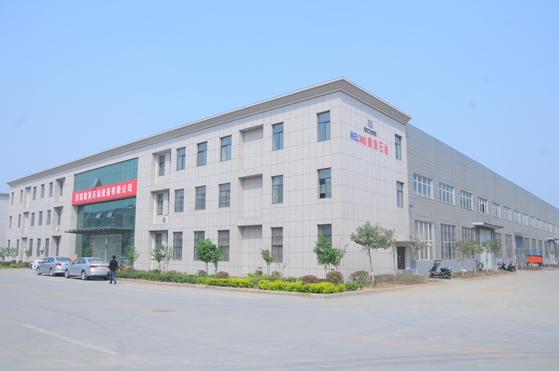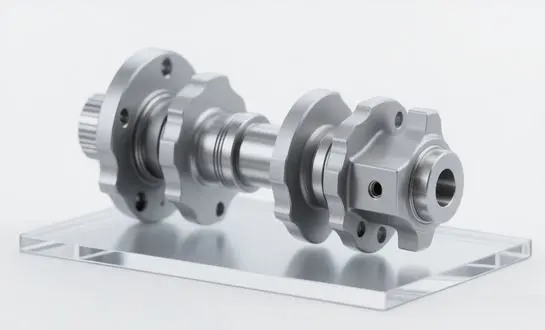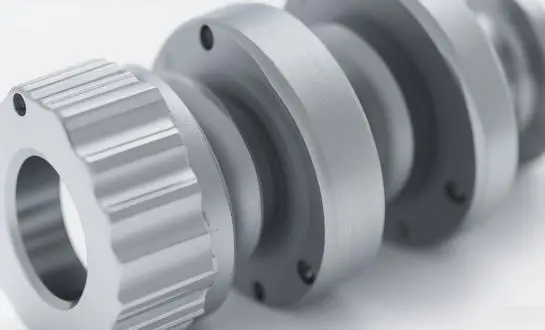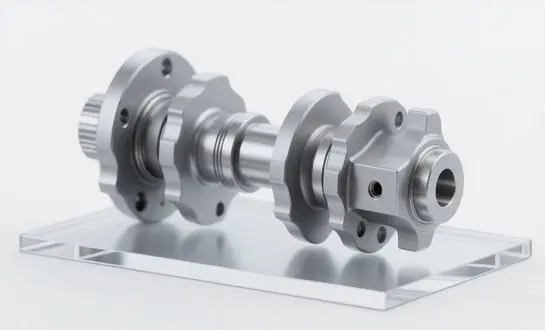Consider the supplier's knowledge, production capacity, and compliance with industry requirements when choosing furnace rolls. The efficiency, quality, and total cost of operation of your manufacturing might be greatly affected by the furnace roll you choose. The complicated world of furnace roll procurement may be easier navigated if you follow our supplier checklist and grasp the important quality criteria. This will guarantee that you invest in components that will last and consistently give results.
Key Material Properties for Optimal Furnace Roll Performance
The building materials have a significant impact on the performance and durability of furnace rolls. The following critical material qualities must be considered while assessing possible suppliers:
Heat Resistance and Thermal Stability
Because furnace rollers work in very hot conditions, heat resistance is an important feature. Materials like advanced ceramic composites or certain types of heat-resistant stainless steel retain their mechanical qualities and structural integrity even when heated to very high temperatures. To keep distortion to a minimum and performance stable throughout a wide temperature range, these materials should have low thermal expansion coefficients.
Wear Resistance and Hardness
Over time, the treated materials might get severely worn due to the continuous contact between the furnace rollers and them. If you want your rolls to last as long as possible, use fabrics that are both durable and resistant to wear. Coatings and surface treatments are available from certain vendors, which may improve these qualities even further and make them more resistant to corrosion and abrasion.
Thermal Conductivity
Keeping the rolled material at a consistent temperature requires efficient heat transmission. Think about what you'll be using the material for and choose materials with the right heat conductivity. Materials with lesser thermal conductivity may enable temperature stability in certain processes, while those requiring quick heating or cooling may benefit from materials with higher thermal conductivity.
Cost vs. Longevity: Evaluating Furnace Roll Investments
When purchasing furnace rolls, it's tempting to focus solely on the initial cost. However, a more holistic approach that considers the total cost of ownership often leads to better long-term outcomes. Here's how to strike the right balance between cost and longevity:
Life Cycle Cost Analysis
Conduct a comprehensive life cycle cost analysis that takes into account factors such as:
- Initial purchase price
- Installation and setup costs
- Expected service life
- Maintenance and repair expenses
- Downtime costs associated with roll changes or failures
- Energy efficiency impact on operational costs
By considering these factors, you can better understand the true value proposition of different furnace roll options and make more informed decisions.
Quality vs. Price Trade-offs
While it may be tempting to opt for lower-priced furnace rolls, it's crucial to weigh the potential long-term consequences. Higher-quality rolls often come with a premium price tag but can offer significant benefits such as:
- Extended service life, reducing the frequency of replacements
- Improved product quality, potentially reducing scrap rates and rework
- Enhanced process stability, leading to more consistent output
- Reduced maintenance requirements, minimizing downtime and associated costs
Carefully evaluate these factors against your specific production requirements and budget constraints to determine the most cost-effective solution for your operation.
6 Essential Questions to Ask Your Furnace Roll Supplier
To ensure you're partnering with a reliable and capable furnace roll supplier, ask the following questions during your evaluation process:
1. What manufacturing processes and quality control measures do you employ?
Understanding a supplier's manufacturing capabilities and quality assurance protocols is crucial. Look for suppliers who utilize advanced manufacturing techniques such as precision machining, dynamic balancing, and non-destructive testing methods. A robust quality control system should include chemical composition analysis, dimensional inspections, and performance testing to ensure consistency and reliability.
2. Can you provide customization options to meet specific application requirements?
Every metal processing operation has unique needs. A supplier who offers customization options can help you optimize furnace rolls for your specific application, potentially improving performance and efficiency. This may include tailoring roll dimensions, material composition, or surface treatments to address particular challenges in your production process.
3. What certifications and industry standards do your furnace rolls meet?
Respected vendors in your field should be certified and follow all applicable industry standards. Verify that it complies with industry and regional standards like ASTM, ASME, or DIN. An extra guarantee of a supplier's dedication to quality and continual development may be provided by certifications such as ISO 9001 for quality management systems.
4. What is the expected lifespan of your furnace rolls, and do you offer a warranty?
In order to plan maintenance schedules and budget for replacements, it is helpful to know how long the boiler rolls are expected to last. The willingness to provide a guarantee that covers manufacturing faults and premature failures is a sign of a supplier that is confident in the quality of their goods. You may rest easy knowing that your investment is protected with this.
5. Can you provide references or case studies from similar applications?
Asking the supplier for references or case studies might teach you a lot about their past and how well the furnace rollers work. This information might help you figure out how knowledgeable the provider is about your sector and how well they can suit your specific needs.
6. What technical support and after-sales services do you offer?
If you want to keep your furnace rolls running smoothly and efficiently with little downtime, you may need thorough technical assistance and quick after-sale servicing. Find out if there is access to technical help for questions like these, as well as maintenance advice and the possibility of on-site assistance.
Conclusion
You need to consider about the materials, the price, and the supplier's ability to deliver if you want the best furnace rolls. If you ask the right questions and pay attention to the things described above, you may buy furnace rolls that fulfil your quality requirements and business goals. Of course, finding a balance between spending money and getting better performance over time is key to success.
For more information on high-quality furnace rolls and expert guidance on selecting the right solution for your metal processing needs, please contact us at oiltools15@welongpost.com. At Welong, we're committed to providing top-tier furnace rolls and comprehensive support to enhance your production efficiency and product quality.





